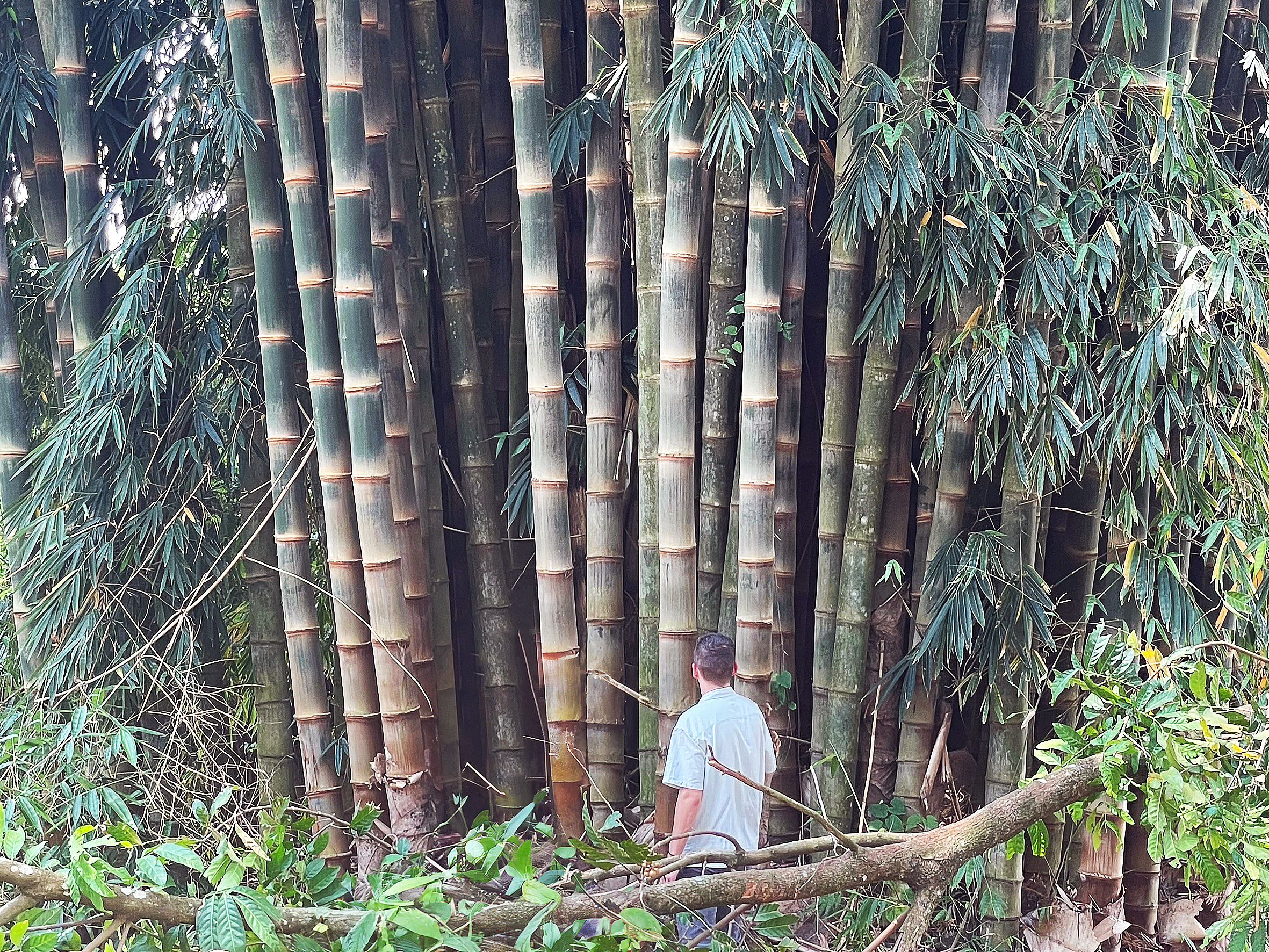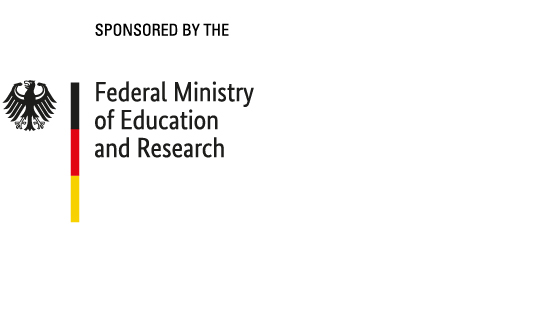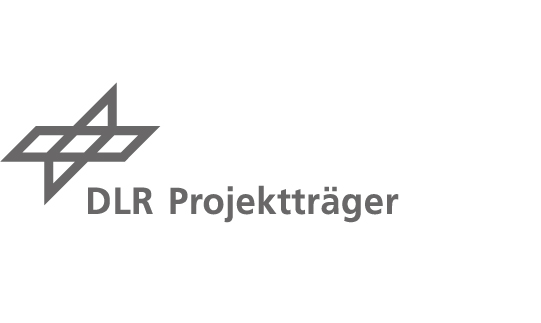Better CO2 balance through natural-fiber-reinforced cement-based composites for sustainable construction in Brazil
In a joint research and development project between Germany and Brazil, the cooperation partners want to improve the carbon footprint of construction products. To achieve this, they will use, for example, natural bamboo fibers for cement-based composite materials. The overarching aim of the international project is the promotion of market-oriented research and experimental development projects in Brazil. The first interim results have now been exchanged during a workshop in Brazil.

The Fraunhofer WKI is working in collaboration with the Hochschule Bremen City University of Applied Sciences, the German company CSP Technologies GmbH and Brazilian partners in order to drive forward international research and experimental development projects in Brazil. The focus thereby lies on improving sustainability in the bio-based economy in Brazil. The project partners are concentrating in particular on the efficient and sustainable utilization of resources, the reduction of CO2 emissions during production, and the long-term storage of CO2 in bio-based materials.
The project is being carried out within the framework of the “Eureka” research initiative, in which more than 45 countries around the world have joined forces with the European Commission. “A special feature of Eureka projects is that their objective is the sustainable development and expansion of international relations with a focus on science and economics. Our joint workshop at the university in São Paulo in November also served to further expand our contacts with our Brazilian partners. With this project, we would like to contribute towards a long-term intensification of the network between Brazilian and German companies and research institutions. Substantively, we are pursuing the goal of developing inorganic materials for the Brazilian construction sector that help to reduce CO2 emissions,” explained Dr. Dirk Berthold, Head of Department at the Fraunhofer WKI.
The scientific focus of the project lies on the improved production and functionalization of plant fibers, for example from bamboo. These optimized fibers are to be used as reinforcing elements in large-area, thin, cement-bonded panels. The researchers would like to enhance the added value of plant residues that have until now been largely unused. These are to be utilized for reinforcement in mineral-bound construction materials, thereby contributing towards an improvement in the CO2 balance.
For the optimization of the panels, the researchers are focusing on, amongst other things, an enhancement of the resilience, strength, stiffness and dimensional stability. Various natural fibers such as sisal, bamboo and eucalyptus are therefore undergoing differing functionalizations in combination with nanofibrillated cellulose. The functionalizations must be performed in such a way that the natural fibers can be utilized in the cement. One of the main objectives of the researchers in the field of functionalization is fiber resistance in an aqueous environment as well as the achievement of an optimal bond between fiber and matrix.
“Through the utilization of bio-based instead of synthetic fibers as a reinforcing element in the cement, we want to increase the mechanical properties. This combination of materials can increase and extend the durability and, consequently, the service life of the components. At the same time, we want to reduce production costs and improve the ecological balance,” explained Dr. Nina Ritter, Group Leader at the Fraunhofer WKI.
The project aims to establish and expand relationships with Brazilian manufacturers of construction materials and other products. On this basis, specific orders for the design, manufacture and construction of complete production plants for German industry are to be generated. The Brazilian side benefits from the existing expertise of the German plant manufacturers which, in turn, is enhanced by the research results obtained by the participating scientific partners from both countries. In the future, the results are to be scaled up to the industrial-production level. Both inorganically bonded fiberboards and particle boards for construction and outdoor applications have enormous market potential; not only in Brazil but also throughout South America and Europe.
Last modified:
 Fraunhofer Institute for Wood Research
Fraunhofer Institute for Wood Research 
